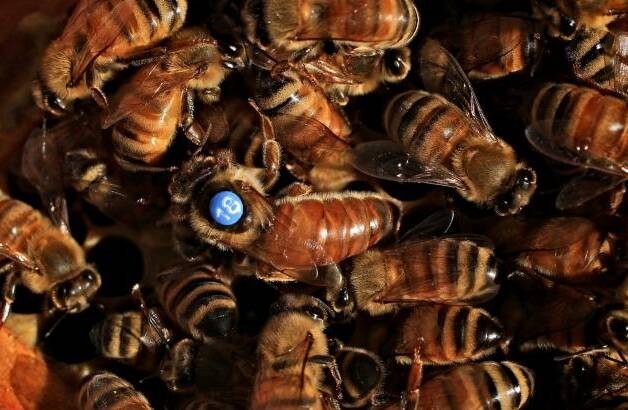
Around 600 hives have been destroyed and eight properties infected in NSW as attempts to stop the spread of the deadly varroa mite continues, with authorities confident they can still contain the outbreak.
About 440 beekeepers are impacted while the eradication zone has now been expanded to about 25 km north of Newcastle where the mite was originally detected.
Beekeeper Ana Martin who has 40 hives at Bulahdelah, which was declared a biosecurity zone on Wednesday, is still waiting to hear whether her hives will be destroyed.
Ms Martin says she appreciates how hard the Department of Primary Industry (DPI) is working to try and contain a developing situation but she still has many questions.
"No one has come to us and said we are about to euthanise your bees, so we don't know exactly."
Sue Carney from the Amateur Bee's Association says some beekeepers have been left frustrated by the response.
"Because they want an immediate response, but they also understand that DPI officers are working hard to resolve the situation."
She says dozens of beekeepers have contacted her organisation.
"It's all so new people are just trying to get their head around what they can and can't do."
The NSW agriculture minister Dugald Saunders says he's optimistic the mite can still be eradicated.
"If the teams can get on top of things quite quickly, then the situation can be managed," he told a media conference on Wednesday afternoon.
"So it is not just an all in at once destruction of hives. It's very much working with the the apiarist at the time to make sure they're comfortable," Mr Saunders says.
John Tracey from the department of primary industry, who is helping to co-ordinate the emergency response, says there has been excellent support from the industry and the community.
"We're confident that we're going to achieve eradication, that's the goal," says Mr Tracey.
Mr Saunders says the department is trying to get to people as quickly as possible and is encouraging beekeepers with questions to get in touch.
"If you haven't had contact and you're concerned that you haven't, please reach out."







